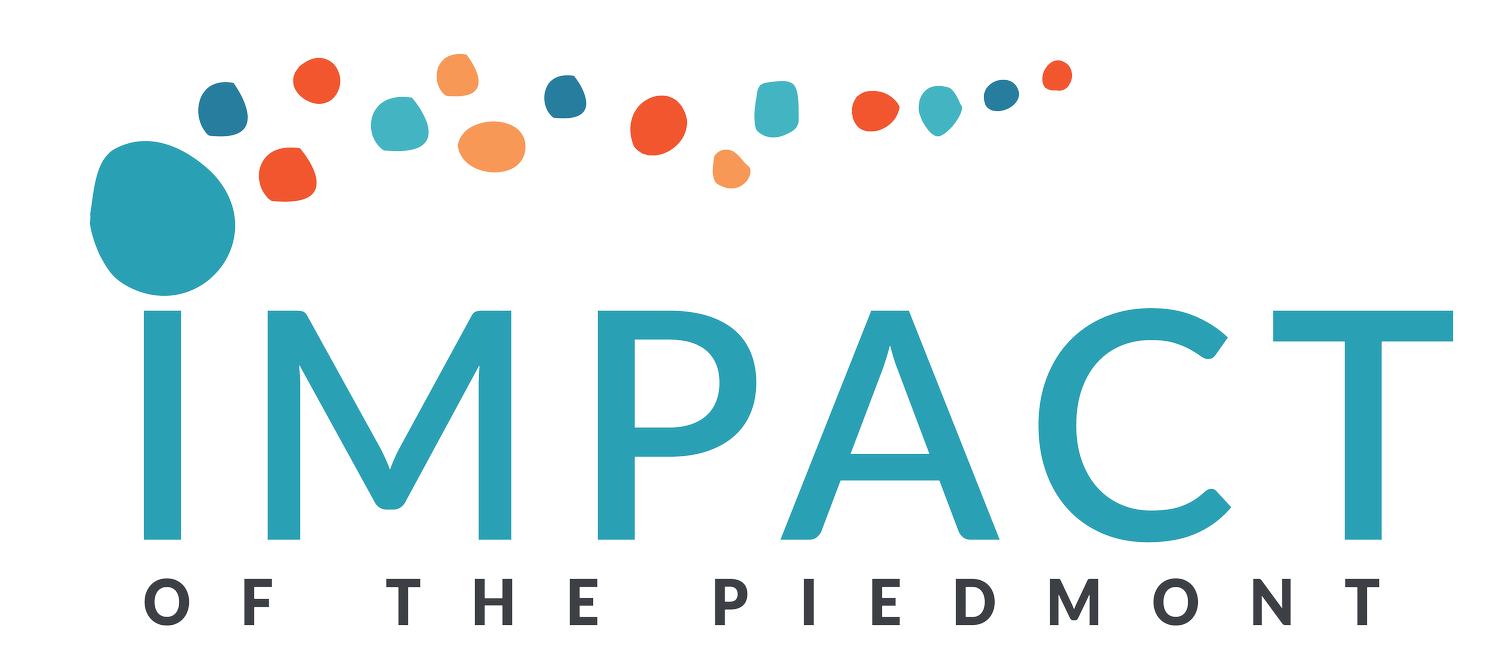Understanding Neurodivergence
Understanding the terms used to describe the population served by IMPACT of the Piedmont
Neurodivergence is a way of explaining that for some the brain works differently than how the brains of most people work (referred to as neurotypical). Our brains work by taking in and understanding or processing information. The brain controls how we learn and how we perceive and manage emotions. The brain also manages our mood and our patterns of behavior.
Neurodivergence is usually identifiable in childhood and may be present small challenges to very significant challenges. Often people with a neurodivergent brain have areas in which they excel!
Often, when using the term neurodivergent, people include individuals living with Autism Spectrum Disorder (ASD), Attention Deficit or Hyperactivity Disorder (ADHD), Obsessive Compulsive Disorder (OCD), Tourette's, Down Syndrome, and learning disabilities.
Intellectual and/or Developmental Disabilities
Intelligence is the ability to learn, problem solve and reason. The level of Intelligence is referred to as the IQ. Someone with an intellectual disability, often has an IQ below 70, most likely learns at a slower rate or learns differently. Other aspects of intelligence include memory, language, understanding, and planning. The required assessment to determine IQ is called a psychological evaluation.
Development is often thought of as reaching childhood milestones. For example, a child may begin by rolling over, then advancing to crawling, and then to standing and to walking. A typical development of communication may be to start with making sounds, advance to patterns of sounds, to speaking words, to sentences. The growing of understanding (receptive) and to make self-understood (expressive) is all a part of language and communication development. A person has a developmental disability when several areas of development have not been or were not reached in childhood. A portion of a psychological evaluation gathers information on development and what is called adaptive abilities.
Intellectual and/or Development Disabilities (I/DD) is an umbrella term with a wide array of disabilities included. Some of these include diagnosis that are medical by nature but also cross over very often with intelligence and/or development but not always in both. For example, consider cerebral palsy, spinal bifida, many chromosome disorders including down's syndrome, fetal alcohol syndrome, traumatic brain injury, many chromosome disorders including down's syndrome and Fragile X, and many more.
Services
Services offered by IMPACT of the Piedmont are all designed to help people live their best and most independent life. Some services are designed to help the individual to meet health and independent living needs, to help find and learn a job, or explore and engage in leisure, volunteer or educational opportunities as a vital member of the community.




